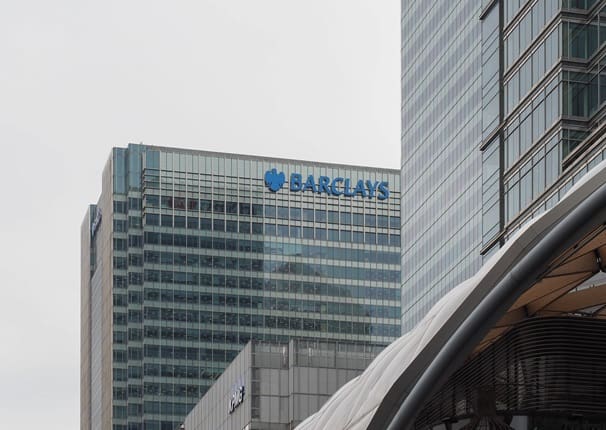Barclays Branches Became Target of Flash Mafia: 20 Shattered Windows, Thousands of Pounds in Repairs
In a bold (and slightly chaotic) act of protest, pro‑Palestinian Palestine Action hit 20 Barclays Bank branches across the UK, smashing windows and demanding a “divestment from Israel’s weapons trade.” The vandalism campaign has already set the bank back in the red, with repair costs projected to hit the thousands-pound mark.
What’s the Backstory?
Palestine Action’s campaign hinges on a simple but powerful premise: Barclays is allegedly funding what they describe as “climate collapse” and the “genocide in Palestine.” The activists say by pulling the plug on financial support to defence suppliers, they can help halt the ongoing conflict.
Barclays Responds—With a Bullet Pointed CG-Style Reply
- “We’re a financial services provider, not a shady arms dealer.” A Barclays spokesperson emphasized that the bank does not directly invest in companies that produce weapons for NATO allies. They see the defence sector as essential to national security and argue that supporting such companies can align with ESG (environmental‑social‑governance) standards.
- “Government rather than banks decides arm‑embargoes.” Barclays pointed out it is the jurisdiction of elected governments to set arms restrictions.
- “We respect protests but not property damage.” The bank urged activists to pick a less “shatter‑the‑glass” approach that respects customers, colleagues, and the physical assets of Barclays.
Palestine Action’s Larger Game Plan
The group’s spokesperson clarified that they have a broader agenda: stopping the “genocide of Palestinians” by cutting off financial supplies to Israeli military suppliers such as Elbit Systems and other defence companies. They also aim to target “banks and insurance firms that enable fossil‑fuel expansion.”
Both Palestine Action and a linked group called Shut the System have adopted “radical direct action tactics,” including sabotage of key infrastructure to physically interrupt the flow of support for destructive and lethal businesses. Collaboration between the two groups is being used to amplify their message and impact.
What’s Next? Stay Tuned
Don’t miss the next chapter in this unfolding saga. The question remains: will the tone shift from “safety and respect” to a deeper dialogue on the ethical alignment of banks with global defence and climate issues? Keep your eyes on the headlines.




